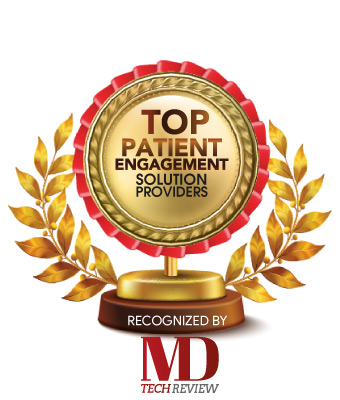Today, healthcare professionals use hand-held computers to record important real-time patient data as well as sharing it instantly within their updated medical history.
Fremont, CA: Technology is the proverbial doorway to unlimited possibilities. It has been the driving force of the healthcare industry. In today’s pandemic-affected world, where people have been forced to stay indoors, going to the clinic for health checkup has moved to the digital realm. Technologies such as AI, Robotics, ML, and to name a few, will continue to reshape various aspects of healthcare in the coming years.
Improving Care
Patient care and safety is the utmost priority for healthcare professionals. Information technology has made patient care safer and more reliable in most applications. Healthcare institutions need to collect and manage patient data from time to time. Doctors and nurses need to have access to real-time patient data as well as patient medical history so that they can provide efficient care to patients. Today, healthcare professionals use hand-held computers to record important real-time patient data as well as sharing it instantly within their updated medical history. This is an excellent example of the benefits of health IT.
Being able to collect lab results, records of vital signs, and other important patient data into one centralized space has uplifted the level of care and efficiency a patient can expect to receive from healthcare institutions.
Enhanced efficiency in data collection facilitates access to patient history. Thus, scientists and researchers are exploring new ways to study trends and make medical breakthroughs faster.
Software Improving Healthcare
The development of specific software programs implies that, for instance, the World Health Organization has been able to classify illnesses, their causes, and also symptoms into a massive database that encompasses over 14,000 individual codes.
This resource enables researchers and medical professionals to track, retrieve, as well as use valuable data in the fight to control disease and deliver better healthcare outcomes in general.
Software also plays a major role in tracking medical procedures. Digitalized billing methods have reduced paperwork levels and also allowed practitioners to utilize this data to improve the quality of care and efficiency.
Check out: Top Tech Solutions for Healthcare



